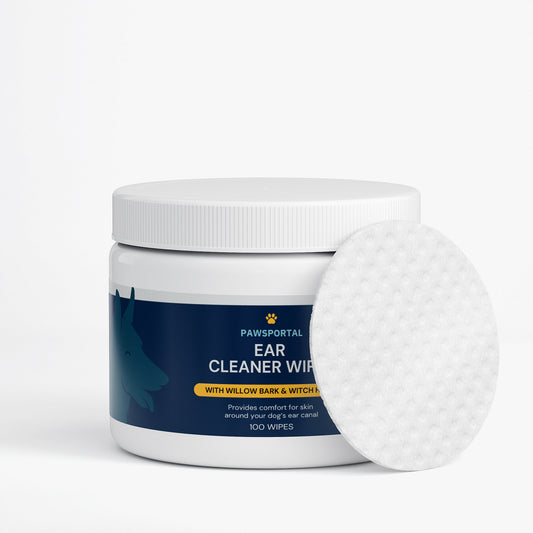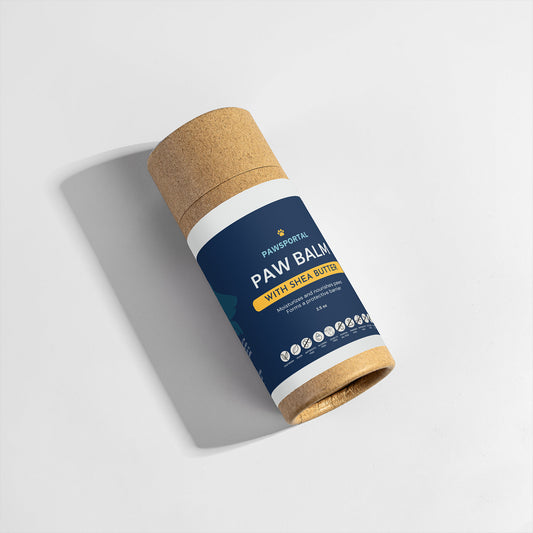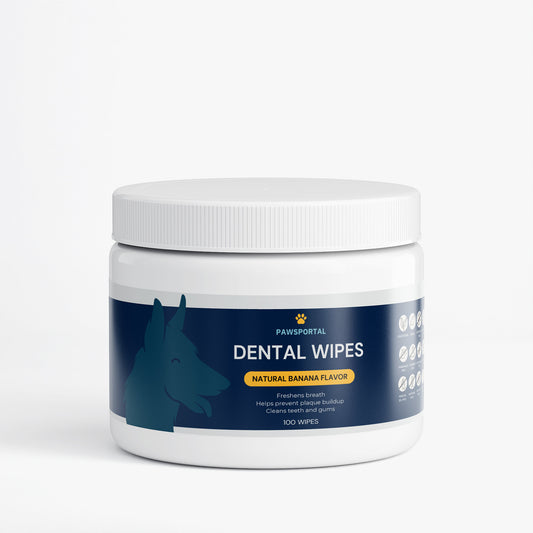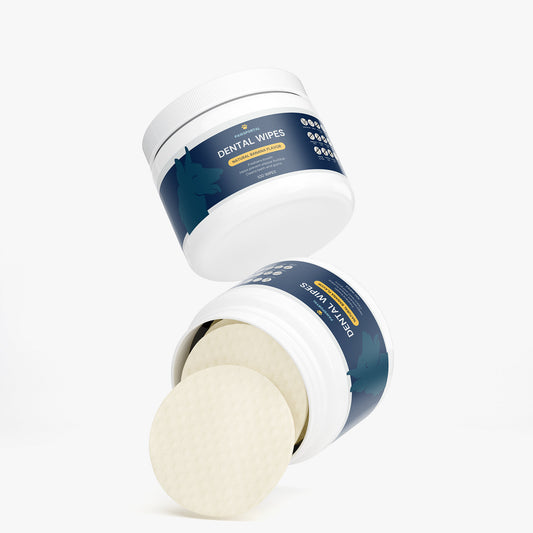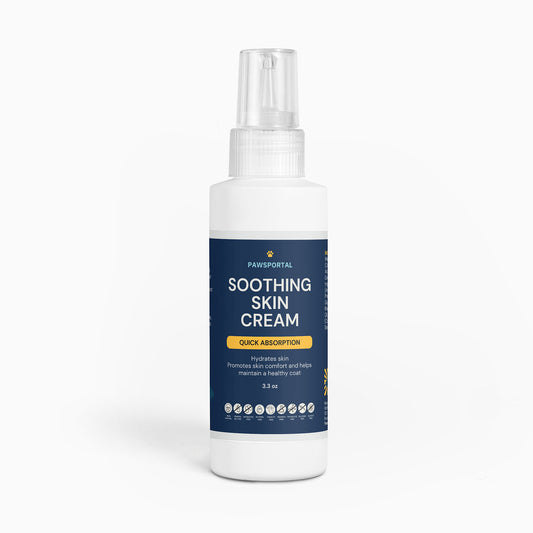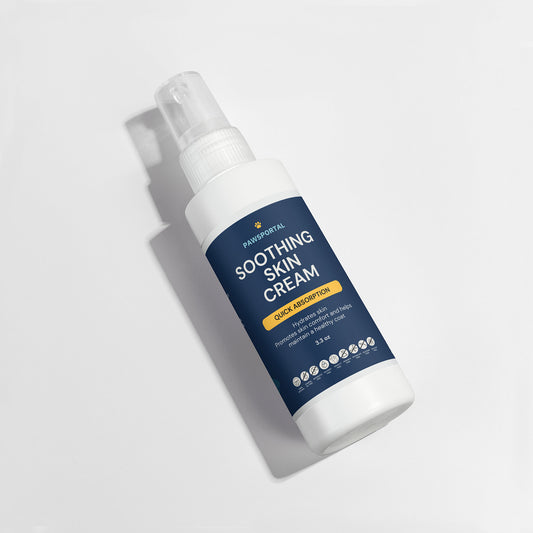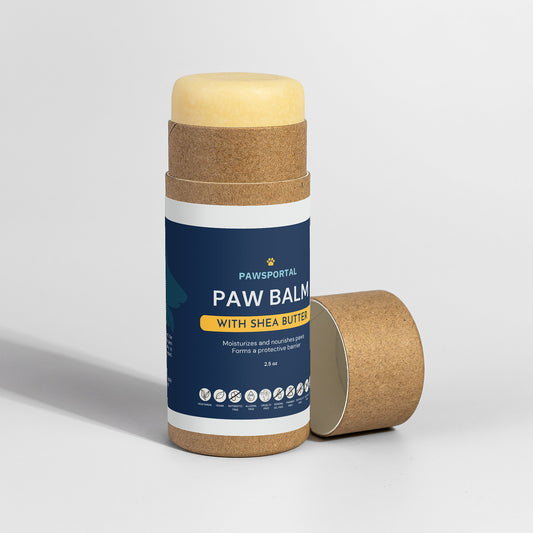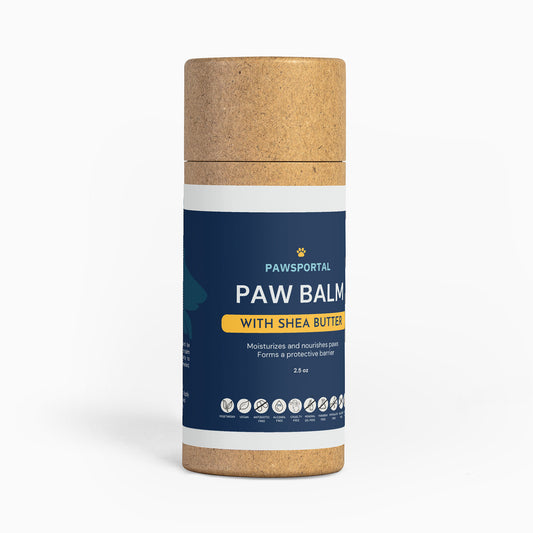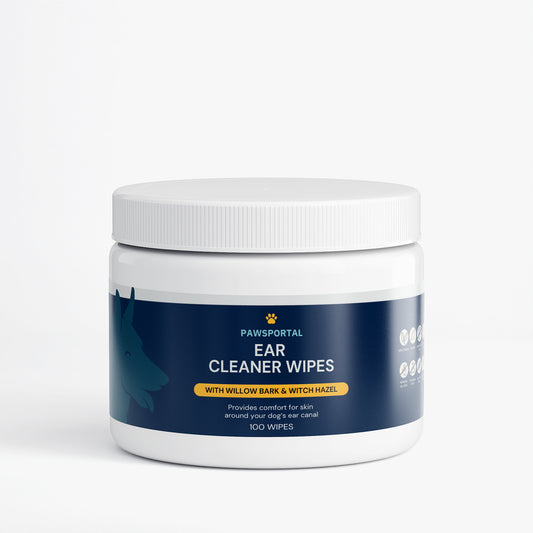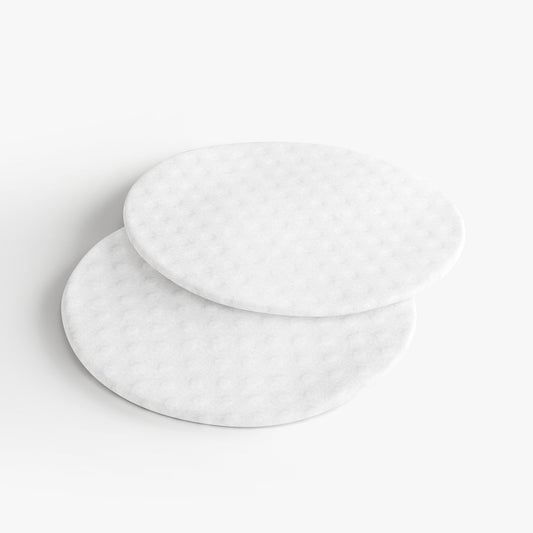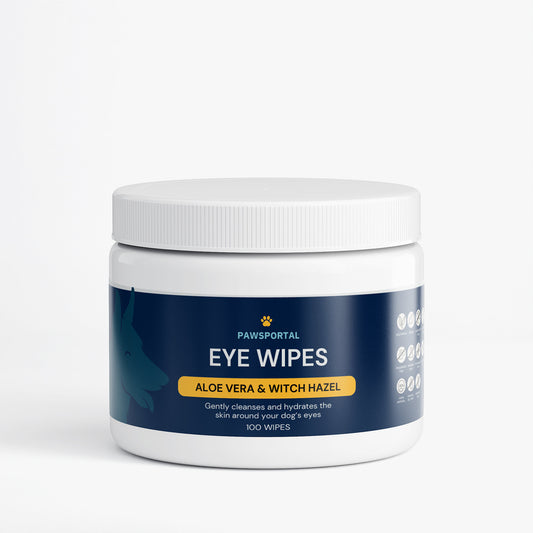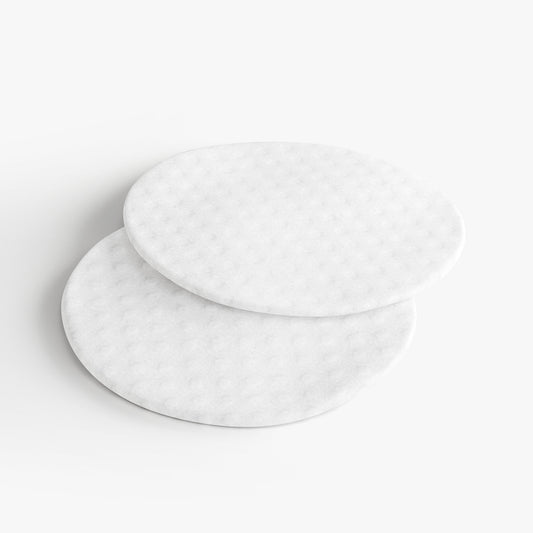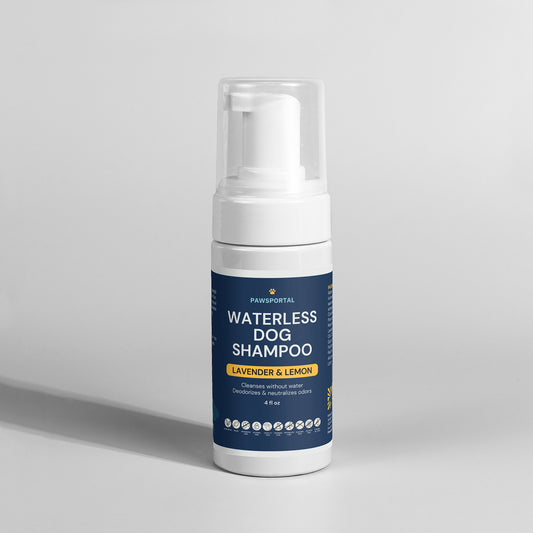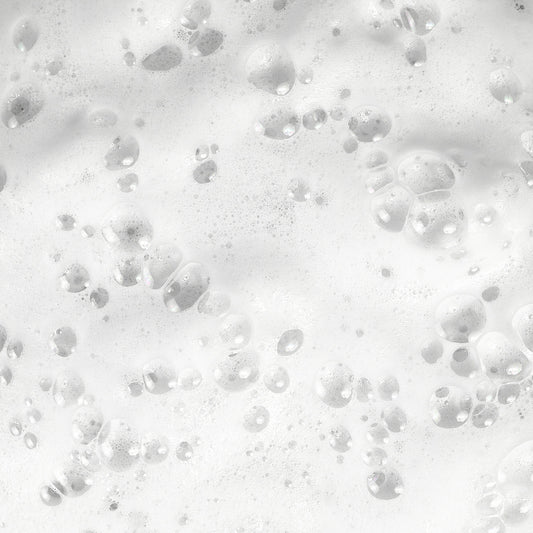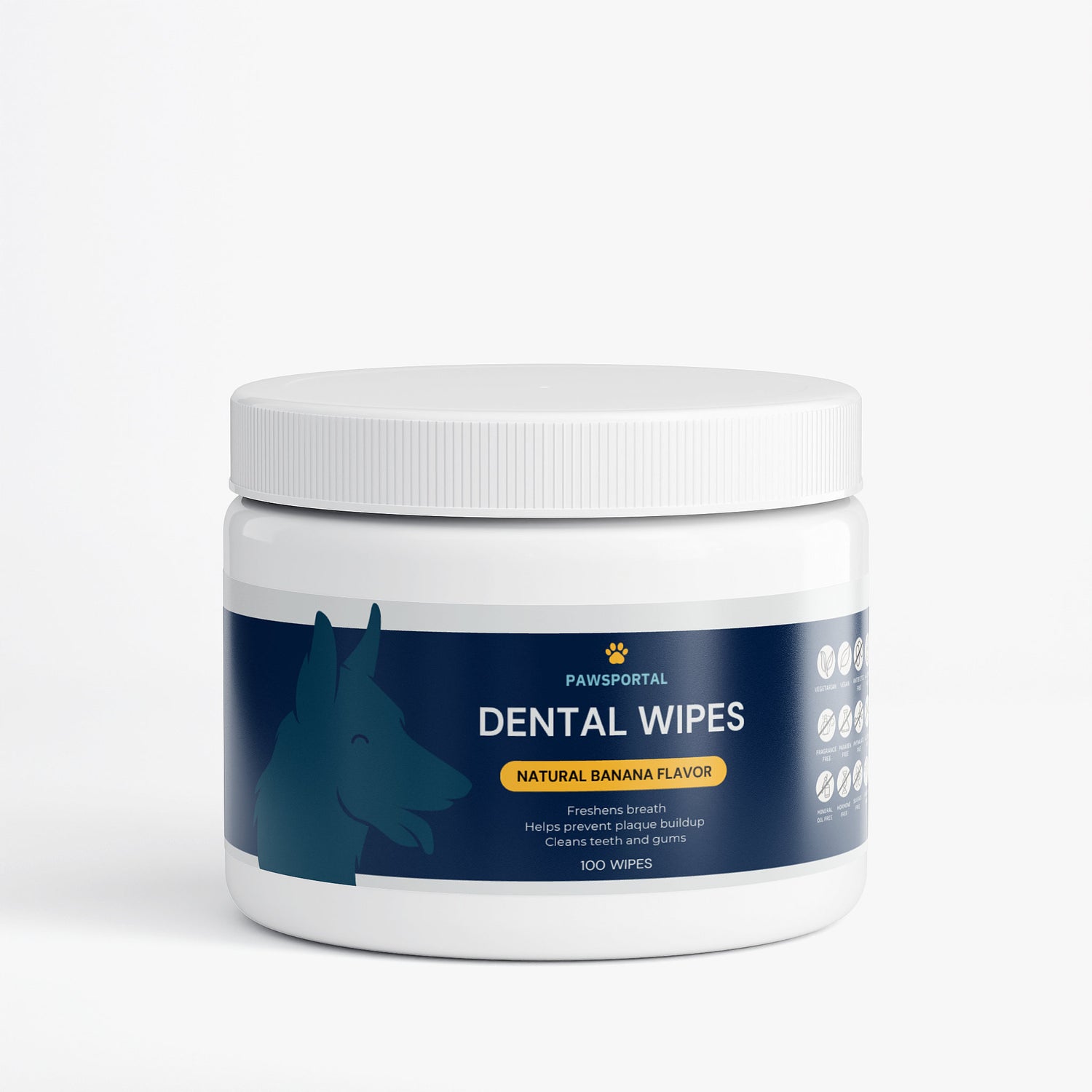
Detoxification for Dogs: Science-Backed Strategies to Support Liver, Kidney, and Overall Health
Share
As a modern dog mom, you know your pup faces daily exposure to toxins—from pesticides in flea/tick medications to pollutants in food, water, and air. While a dog’s body is naturally equipped to detoxify itself, occasional support can help prevent chronic illness and improve longevity. This guide explores evidence-based detox strategies, blending conventional veterinary care with integrative approaches, to help your dog thrive.
______________________________________________________________________________________________

Why Detoxification Matters for Dogs
Detoxification is the process of neutralizing and eliminating harmful substances through organs like the liver, kidneys, gut, skin, and lungs. When these systems become overwhelmed, toxins accumulate, leading to:
- Chronic inflammation
- Weakened immunity
- Organ damage (liver, kidneys)
- Skin disorders, allergies, or digestive issues
Common triggers for detox support include:
- Chemical flea/tick preventatives: Isoxazoline-based medications (NexGard, Bravecto) can stress the liver and kidneys.
- Environmental toxins: Pesticides, heavy metals, and household cleaners.
- Chronic conditions: Arthritis, allergies, or kidney disease.
______________________________________________________________________________________________
Signs Your Dog May Need Detox Support
Watch for these red flags:
- Fatigue or reluctance to exercise
- Itchy skin, hot spots, or dull coat
- Vomiting/diarrhea (especially after medications)
- Bad breath or body odor
- Increased thirst or urination
If symptoms persist, consult your veterinarian to rule out underlying conditions.
______________________________________________________________________________________________
Conventional Detox Methods
1. Fluid Therapy
- IV or subcutaneous fluids flush toxins from the kidneys and improve hydration. Often used post-surgery or for toxin exposure.
- Prescription diuretics: Increase urine output to eliminate waste (e.g., furosemide).
2. Medications
- SAMe (Denamarin): Supports liver function and glutathione production.
- Activated charcoal: Binds toxins in acute poisoning cases.
3. Dietary Adjustments
- Prescription detox diets: Low-protein, phosphorus-controlled food for kidney support.
______________________________________________________________________________________________

Integrative Detox Strategies
1. Liver Support
- Milk thistle (Silymarin):
Protects liver cells from toxins (e.g., flea medications).
Dose: 50–150 mg/day, based on weight.
- Broccoli sprouts:
Contains sulforaphane, activating Phase II liver detox pathways.
Add ¼ tsp powdered sprouts to food daily.
2. Kidney Support
- Dandelion root:
Natural diuretic that enhances kidney filtration.
Dose: 100 mg/kg daily in tea or tincture.
- Astragalus:
Reduces proteinuria in chronic kidney disease.
3. Gut Health
- Probiotics:
Lactobacillus acidophilus and Bifidobacterium restore gut flora post-antibiotics.
Dose: 1–10 billion CFUs daily.
- Slippery elm:
Soothes intestinal lining; mix ½ tsp powder with water 2x/day.
4. Heavy Metal Detox
- Chlorella: Binds lead and mercury. Use vet-approved brands like Four Leaf Rover.
- Cilantro: Chelates metals; add 1 tsp chopped leaves to food.
______________________________________________________________________________________________
Detox Protocols for Specific Scenarios
Post-Flea/Tick Medication
Isoxazolines (NexGard, Bravecto) are metabolized by the liver and linked to seizures in predisposed breeds.
7-Day Detox Protocol:
- Milk thistle: 100 mg/10 lbs daily.
- N-Acetylcysteine (NAC): 100 mg/10 lbs to boost glutathione.
- Hydration: Add bone broth or electrolyte solutions to water.
- Epsom salt baths: Draws toxins through the skin.
Chronic Allergies/Inflammation
- Turmeric (Curcumin): 50 mg/kg daily to reduce oxidative stress.
- Omega-3s: 20–55 mg EPA per pound of body weight for skin health.
______________________________________________________________________________________________
When to Consult a Veterinarian
Detoxification isn’t a substitute for medical care. Seek professional guidance if:
- Your dog shows severe symptoms (vomiting, seizures).
- You’re managing a chronic condition (kidney/liver disease).
- Combining supplements with medications (risk of interactions).
Integrative vets can tailor plans using bloodwork, herbal blends, and therapies like acupuncture.
______________________________________________________________________________________________

Preventive Detox Tips for Daily Life
- Filter Water: Remove chlorine and heavy metals with a reverse osmosis system.
- Natural Grooming: Use chemical-free shampoos (e.g., oatmeal-based).
- Diet Rotation: Switch proteins monthly to prevent food sensitivities.
- Household Cleaners: Replace bleach with vinegar or enzyme-based products.
______________________________________________________________________________________________
Final Thoughts
Detoxification is a partnership between you, your dog, and your veterinary team. By combining conventional diagnostics with integrative support—like milk thistle for liver health or probiotics for gut balance—you’re addressing toxins at their root while safeguarding your pup’s vitality.
Always consult your vet before starting a detox regimen, especially if your dog is on medications. With proactive care, you’re giving your furry family member the best defense against a toxic world.
______________________________________________________________________________________________
Fetch Some Deeper Reading
- https://wholesomecanine.ca/blogs/articles/flea-tick
- https://www.petmd.com/dog/poisons/flea-and-tick-medicine-poisoning-in-dogs
- https://pawsandclawsanimalhospital.com/detoxification-autosanguis/
- https://pawsandclawsanimalhospital.com/detoxifying-your-pet-why-and-when-its-important/
- https://tcvmpet.com/blogs/news/liver-detox-for-dogs-and-cats
- https://www.nhvnaturalpetproducts.com/dogs/conditions/general-detox/
- https://www.dogsnaturallymagazine.com/5-tips-for-detoxing-your-dog-from-lifes-daily-toxins/
- https://fourleafrover.com/products/liver-kidney-clean
- https://furchildpets.com/blog/pet-detox-guide-supporting-liver-kidney-health-in-dogs-and-cats
- https://petwellbeing.com/blogs/news/how-to-put-your-pet-on-a-detox-and-why-they-ll-thank-you
- https://pawsandclawsanimalhospital.com/an-integrative-approach-to-animal-healing/
- https://www.dogsnaturallymagazine.com/how-to-detox-your-dog/

